As Europe—once seen as a formidable and united force—struggled to counter President Donald Trump’s antagonistic stance on Ukraine while he shifted toward a shocking pro-Russia realignment, Taiwan found itself gripped by fear and uncertainty. With China looming as an ever-present threat, the self-governed island faced the chilling prospect of being left vulnerable to Beijing’s ambitions.
Unlike Ukraine, which had Europe as a partial buffer—though not entirely effective against Trump’s hardline policies—Taiwan lacked such regional support. For years, Taipei had drawn parallels between its own predicament and Ukraine’s, believing that Kyiv’s fate could foreshadow its own. Now, it could only hope to be proven wrong.
Russell Hsiao, executive director of the Washington-based Global Taiwan Institute told The New York Times that Taiwan had spent the last three years emphasising how the fate of democracies was deeply connected and that events in Ukraine would have major consequences for Taiwan.
The Associated Press reported that similar to Moscow’s claim that Ukraine rightfully belongs to Russia, China insists that Taiwan is its territory, with President Xi Jinping not ruling out the possibility of taking it by force. According to the news agency, Daniel Russel, a former senior official in the National Security Council and State Department during the Obama administration, observed that the shift in US policy would bolster China’s efforts to portray American support as unreliable. He noted that Beijing’s strategy against Taiwan relies on convincing the island that US backing cannot be trusted and that Chinese control is inevitable. According to Russel, Trump’s signals of wavering support for Taiwan have already reinforced this narrative.
On Friday, Trump appeared to soften his earlier remarks, in which he had wrongly blamed Ukraine for starting the war. However, according to Hsiao, the sudden shift in US policy regarding the conflict might lead some in Taiwan to worry about whether the US could similarly withdraw its support for them.
A DW report highlighted that the phrase “Today Ukraine, Tomorrow Taiwan” has become widespread on Taiwanese social media, reflecting fears that Taiwan could be next in line for aggression. Western officials have also drawn connections between the two conflicts portraying both Ukraine and Taiwan as key battlegrounds in a global struggle against expansionist authoritarianism. Nato Secretary General Mark Rutte warned in December that a Russian victory in Ukraine could embolden China to gradually assert greater control over Taiwan.
Meanwhile, Russia and China have continued to strengthen their so-called “no limits partnership”. On Monday, President Xi and Russian President Vladimir Putin held a phone conversation, emphasising that their ties have “unique strategic value” and are unaffected by outside influences—an apparent reference to the US.
With the Trump administration blaming Kyiv for the war, Taiwan is forced to rethink its position as Taipei’s safety largely depends on whether the US is willing to step in and even send troops if needed. For many years, Taiwan has lived with the threat of a possible attack from China, which now sends fighter jets and warships almost every day to test its defences.
The New York Times reported that when President Putin launched his full-scale invasion of Ukraine three years ago, Taiwan was already worried that Chinese President Xi might see it as a precedent for military action against them. These concerns have only deepened with the shifting dynamics of global power.
Trump-Putin axis
The relationship between President Trump and Russian President Putin has long been a subject of global scrutiny with many pointing to Trump’s admiration for the Russian leader as a key influence on his foreign policy. Speculation about an implicit understanding between the two has only intensified over time.
Now, as Trump’s second term unfolds, the US is becoming increasingly isolated from its allies, raising fears that Western efforts to counter Russian expansion—particularly in Ukraine—are faltering.
While Trump and his supporters present his approach as pragmatic diplomacy, critics warn that it could embolden authoritarian regimes, weaken democratic alliances, and ultimately shift the global balance of power in Putin’s favour. These geopolitical shifts are being closely watched in regions like Taiwan where concerns about emboldened aggressors loom large.
Historian and The Atlantic writer Anne Applebaum told NPR that Trump is making it clear he has little interest in listening to European allies. Instead, she noted, he appears to be siding with a force that poses a constant danger to Europe.
A Politico report pointed out that war forces people to take sides, and in Europe, many now believe that Trump has chosen to stand with Putin. His recent statement blaming Ukraine for starting the war—despite overwhelming evidence that Russia launched an unprovoked invasion—has alarmed even America’s closest allies.
One European diplomat described the situation starkly, saying that both Russia’s president and America’s president now seem intent on undermining Europe. With trust in the transatlantic alliance rapidly eroding, many fear that the geopolitical order is shifting in ways that could have serious long-term consequences.
Trump’s return to the White House has marked a stark shift in US policy on Ukraine with him echoing Putin’s rhetoric by calling Zelenskyy a “dictator” and showing little concern for the war’s outcome. In a recent US-Russia meeting in Saudi Arabia, officials discussed sanctions and future energy cooperation, even as the EU imposed more penalties on Moscow.
The growing rift between the US and Europe is evident—European Commission chief Ursula von der Leyen has yet to secure a call with Trump and Vice President JD Vance gave no advance notice of Trump’s talks with Putin, highlighting deepening distrust, the Politico said.
This shift in US foreign policy under Trump is not only reshaping America’s stance on Ukraine but also sending ripples across the globe, particularly in regions like Taiwan where fears of abandonment are growing.
Not charmed by Taiwan
Seeing how quickly things changed for Ukraine, Taiwan has real reasons to worry that President Trump might follow a similar approach—striking a major trade deal with China’s President Xi and leaving Taiwan to fend for itself. For Trump, democracy holds little importance, and Taiwan’s certainly isn’t a priority.
For now, Taiwan is responding cautiously to the situation in Ukraine, careful not to attract Trump’s anger.
Even before and after taking office for a second term, President Trump criticised Taiwan for not investing enough in its military and for being overly reliant on US protection in case of war. He also accused the island of unfairly dominating the production of advanced semiconductors used in smartphones and other technologies.
Taiwan’s booming semiconductor exports have significantly contributed to its trade surplus with the US, which soared to nearly $74 billion (€70.6 billion) in 2024—almost three times the amount recorded in 2023, the DW reported.
This widening gap has become a source of frustration for Trump, who has repeatedly, albeit inaccurately, accused Taiwan of taking over the US chip industry. He has threatened tariffs and other trade restrictions to address the imbalance with potential repercussions not just for Taiwan but also for its key partners such as Japan and South Korea.
In response, Taiwan’s President Lai Ching-te pledged to raise military spending to at least 3 per cent of the country’s economic output and proposed building more semiconductor plants in the United States.
As the global leader in semiconductor manufacturing, Taiwan hopes its economic significance to the US will strengthen its position. With the Trump administration viewing China as a greater challenge than Russia, Taiwan is banking on its strategic importance to secure continued American support.
Hope amid fear
When Trump left office in 2021, he enjoyed strong support in Taiwan, with many crediting him for deepening ties between Washington and Taipei. Under US law, America is required to equip Taiwan with the necessary military hardware and technology to defend itself against a potential Chinese invasion. However, its longstanding policy of “strategic ambiguity” leaves open the question of whether the US would intervene militarily in Taiwan’s defence.
According to the Associated Press, despite growing concerns, Taiwan may find some reassurance in the fact that both Secretary of State Marco Rubio and Defence Secretary Pete Hegseth have taken a tough stance on China. During a recent meeting with Nato allies in Brussels, Hegseth made it clear that any reduction in US support for Ukraine would be aimed at shifting focus to the Asia-Pacific placing the responsibility of European security primarily on Europe.
A few days later, Rubio met with his Japanese and South Korean counterparts at a security conference in Munich, where they jointly emphasised the significance of maintaining peace and stability in the Taiwan Strait as a crucial factor for global security and economic prosperity.
Walking a tightrope
For Taiwan, the unfolding geopolitical realignment under Trump presents both challenges and opportunities. While fears of abandonment persist, Taipei is cautiously handling its ties with Washington leveraging its strategic importance and economic clout. As tensions with Beijing remain high, Taiwan’s fate hinges on how the US balances its shifting global priorities with its long-standing commitment to deterring Chinese aggression.


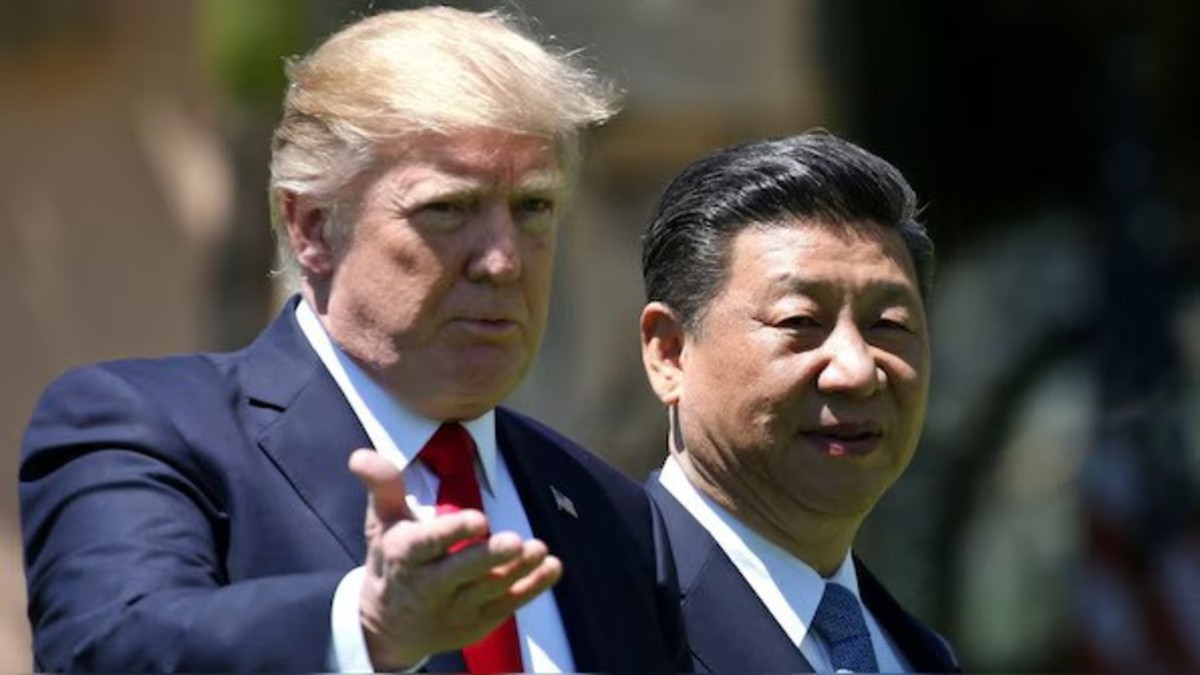)
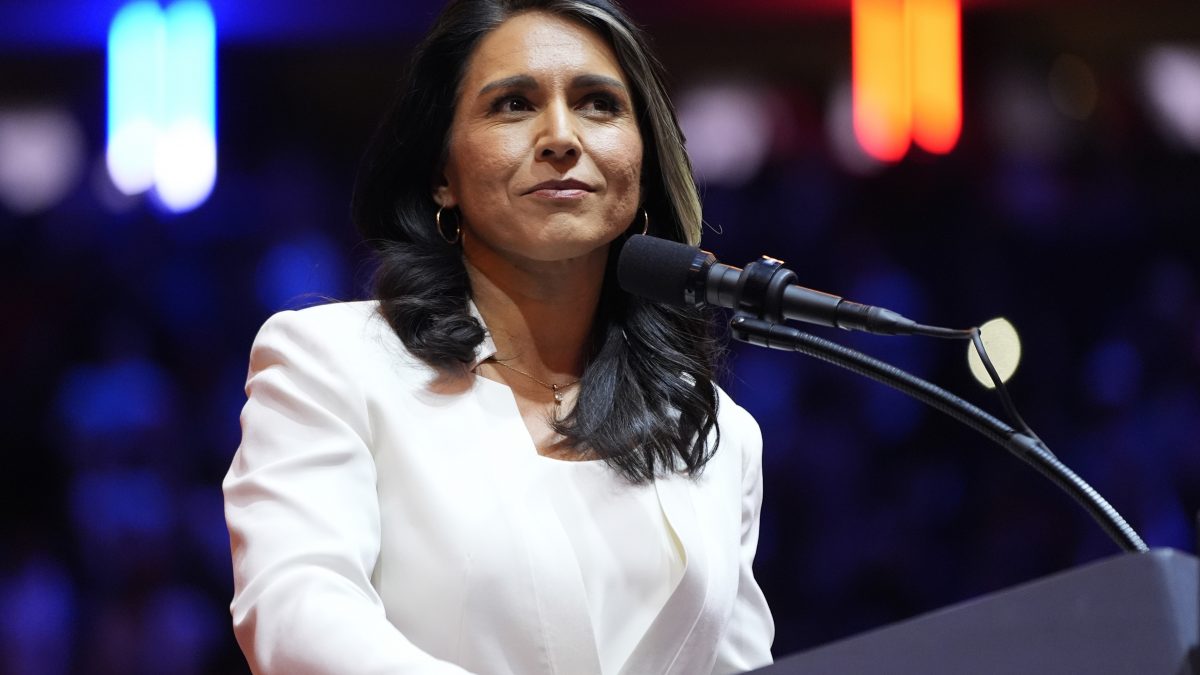)
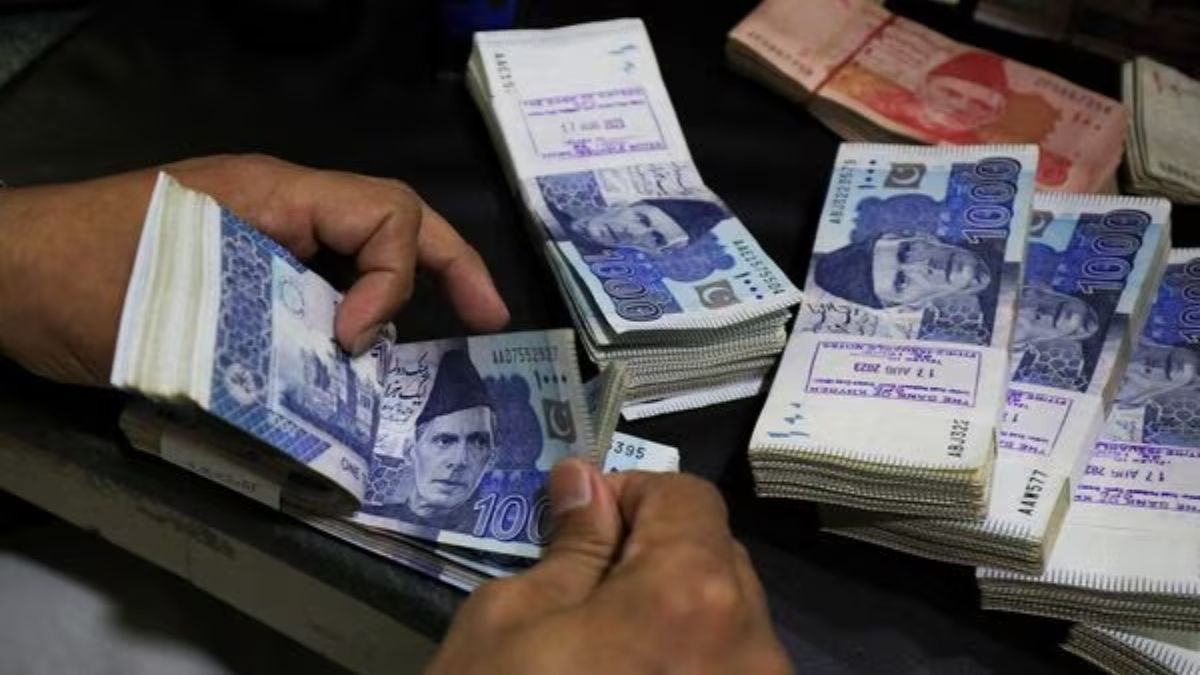)
)
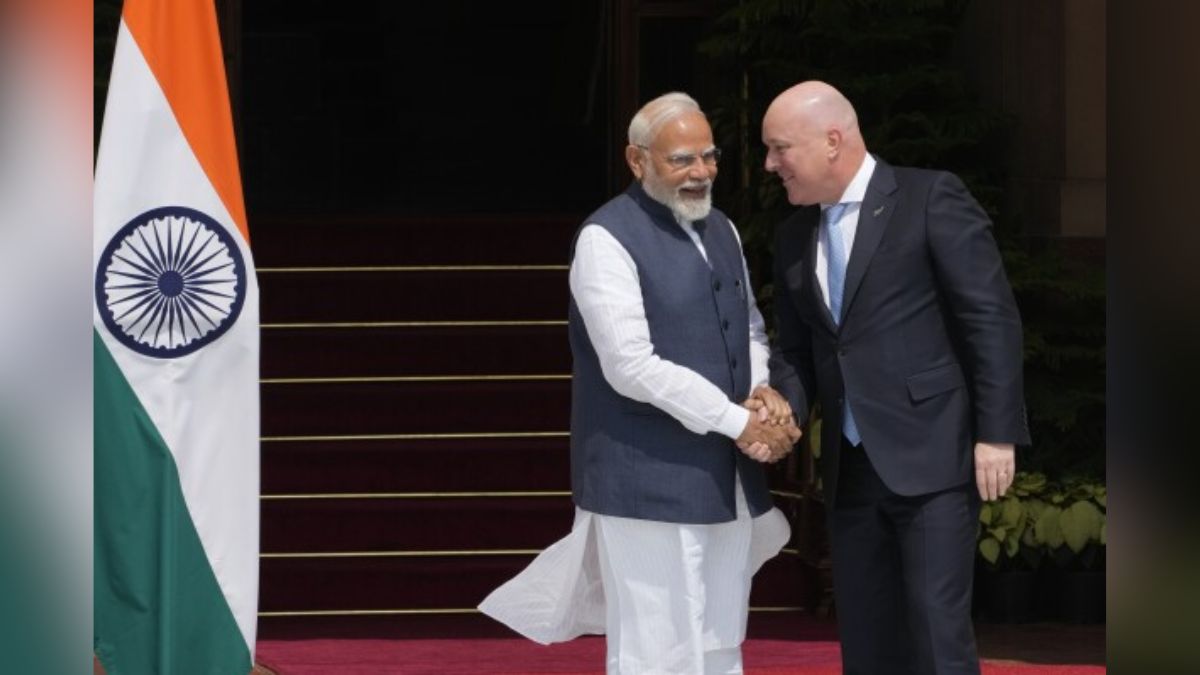)
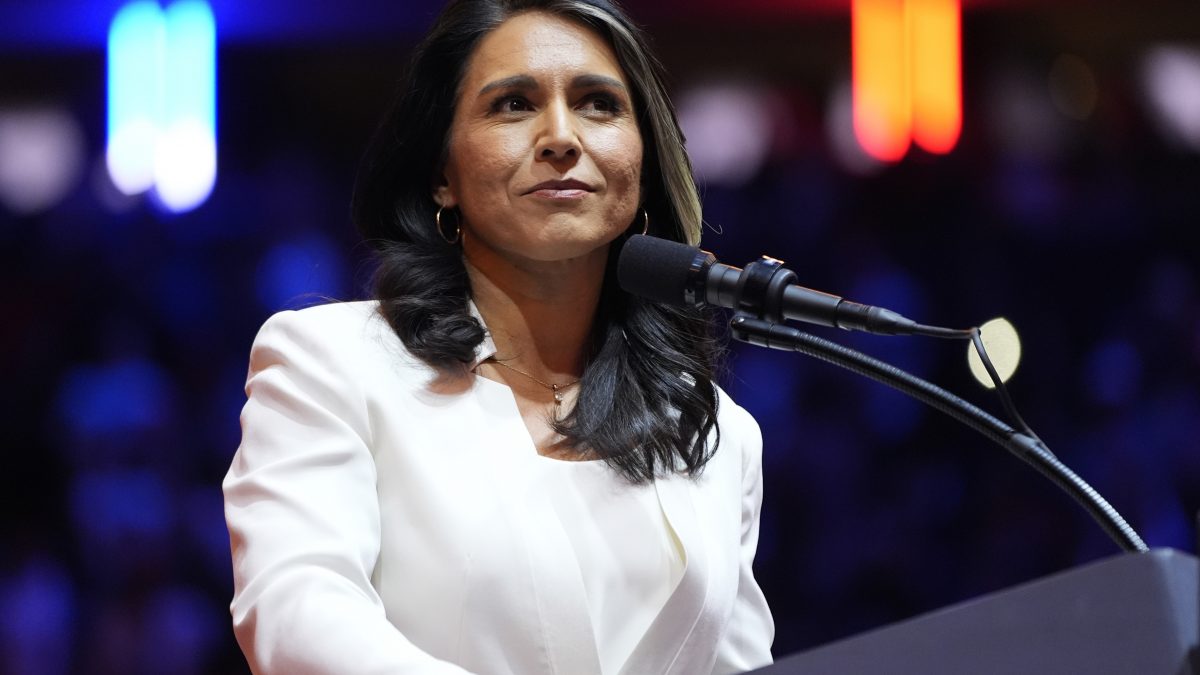)
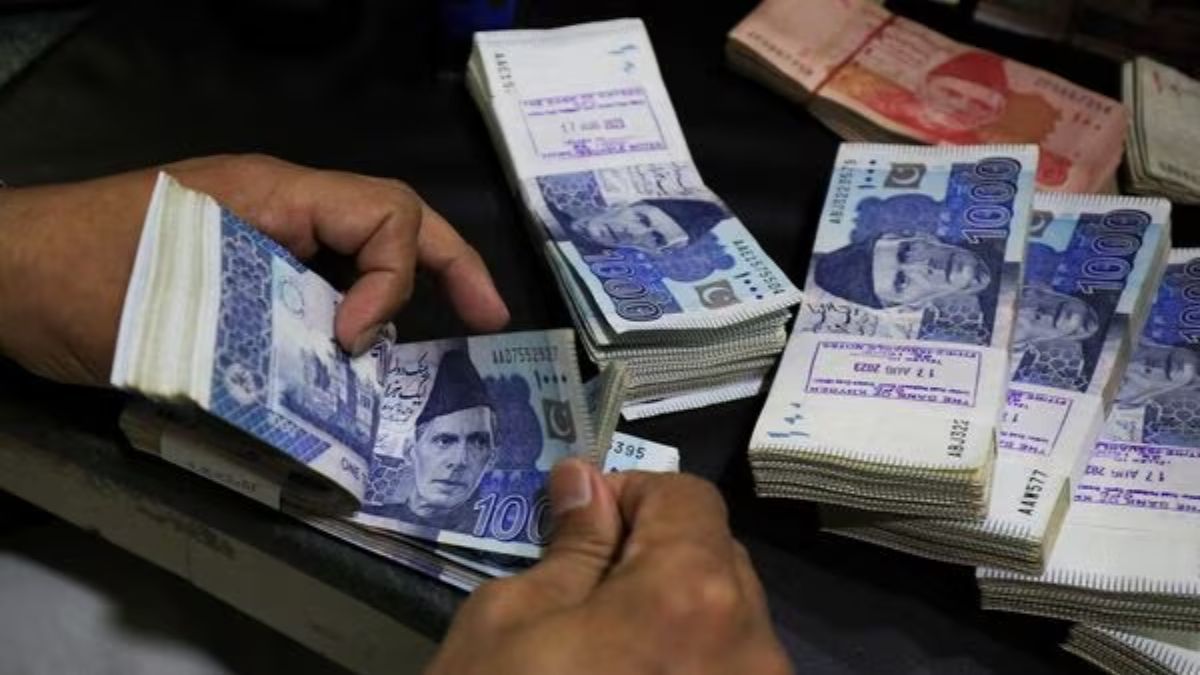)
)
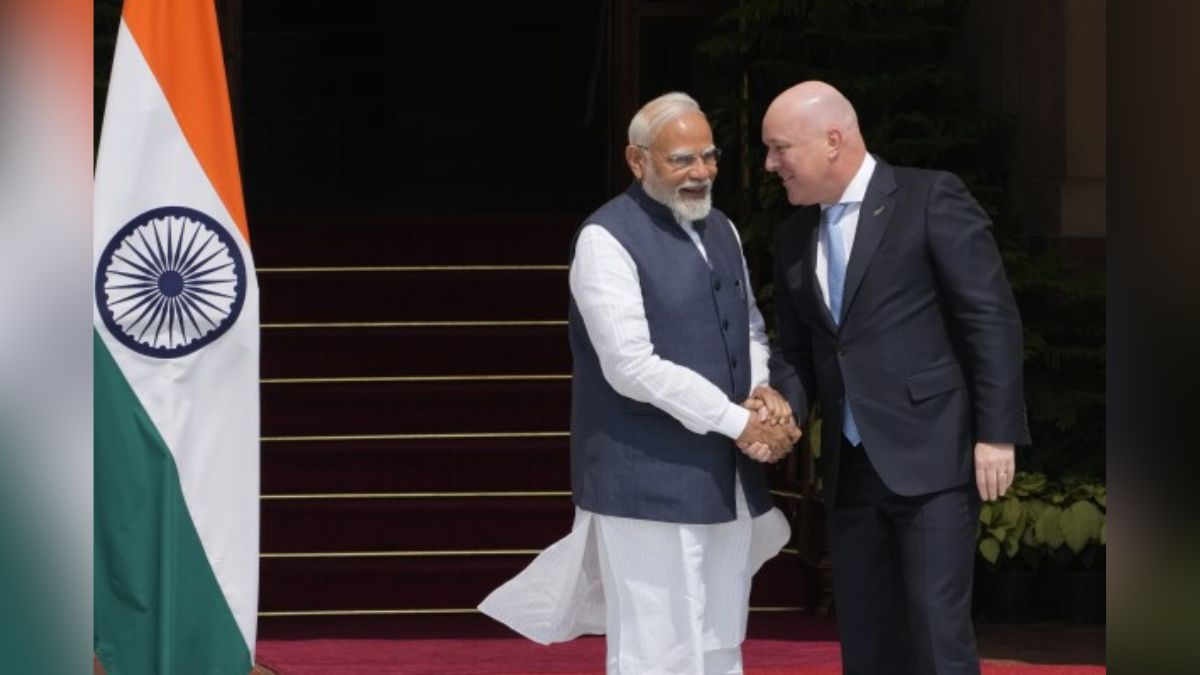)



